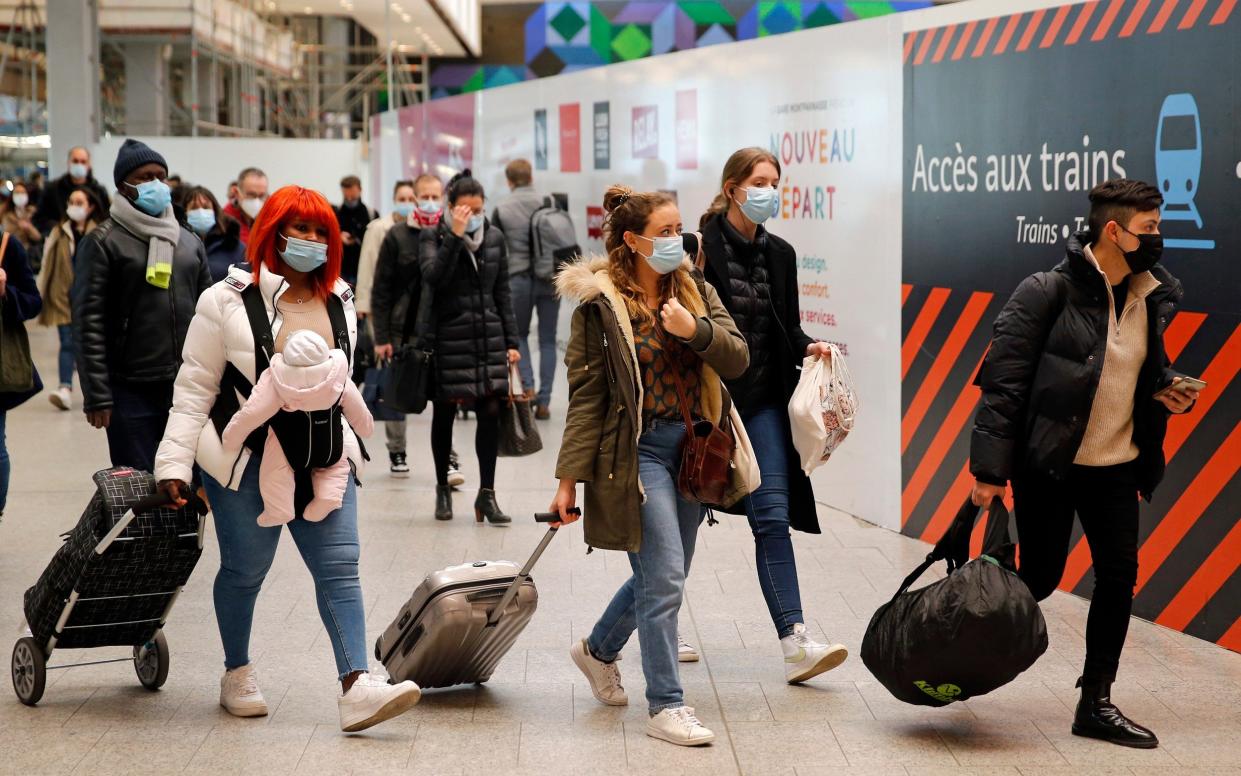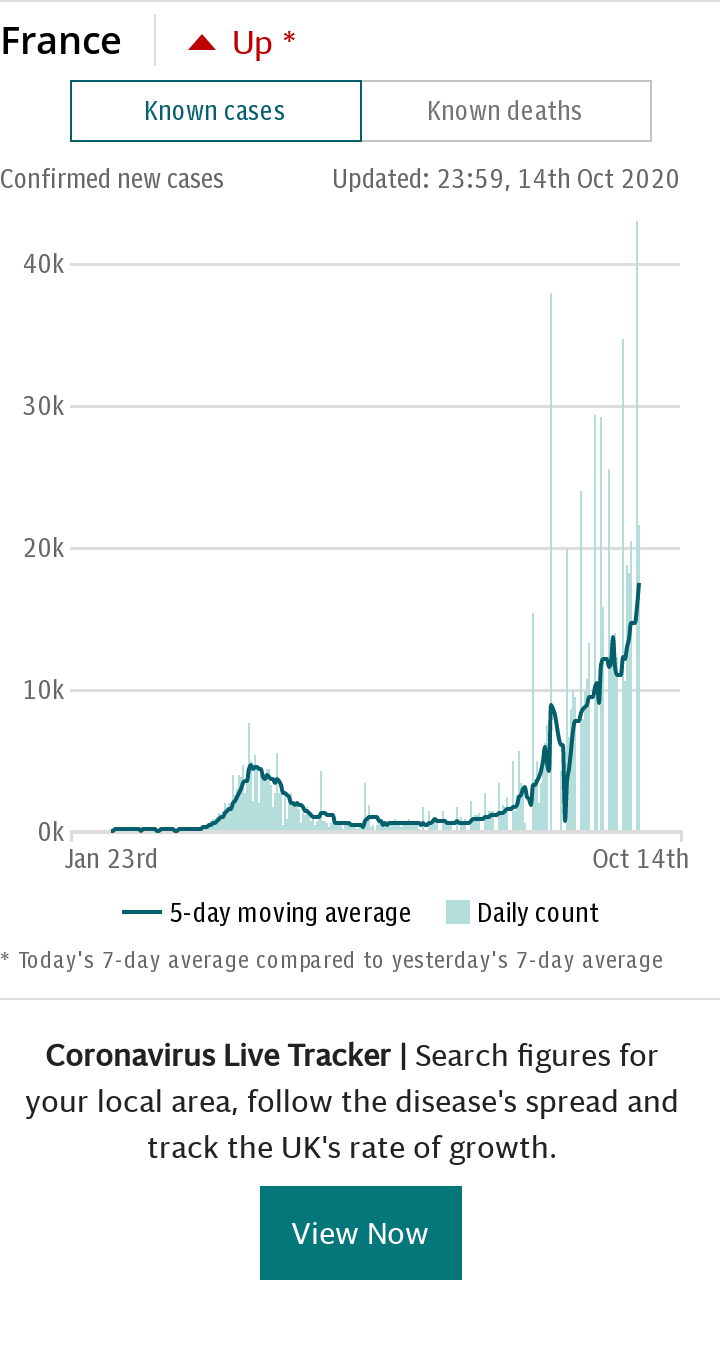French health experts criticise new third-wave lockdown measures as too soft

French health experts have criticised the country's latest Covid lockdown measures, claiming they will not be enough to control the rapid spread of a third wave of coronavirus infections.
While the Paris region, along with 15 other departments in northern France, officially entered a third lockdown on Saturday, many are calling it a "lockdown light".
Under the restrictions, residents are allowed within a 10 km (6.2 mile) radius of their homes to shop, practice sport, and go on walks during the day. A curfew remains in place from 7pm to 6am.
Many businesses remain closed, travel between regions is prohibited, as is meeting in groups of more than six people outside. The new measures come as hospitals in the Paris region have been stretched beyond capacity, the country is seeing around 35,000 new coronavirus cases a day.
“It’s going to be chaos,” said Catherine Hill, an epidemiologist at Gustave Roussy Hospital in southern Paris. “[Hospitals] are already saturated, so it’s going to get worse and worse and they're going to have to transfer people to other parts of the country.”

To get the situation under control, Ms Hill said the government should instead impose a strict national lockdown and introduce mass testing of the population in order to find and isolate anyone testing positive for the virus. She also said the government was wrong to resist initial calls from health experts to impose a lockdown in late January.
The recent change of course appears to stem from the oversaturation of intensive care units as well as the country’s slow vaccination rollout. According to the latest figures from France’s Health Ministry, less than 9 percent of the French population has received a first vaccination shot against Covid-19.
Vaccinations hit another problem last week when France became one of more than a dozen countries to temporarily suspend use of the Oxford AstraZeneca vaccine over concerns about blood clotting. AstraZeneca vaccinations resumed on Friday after Europe’s drug regulator, the European Medicines Agency, concluded the “benefits still outweigh the risks” of taking the vaccine.
As a precautionary measure, France’s national health agency said it was only recommending the AstraZeneca vaccine to people aged 55 and over.
But some health experts in Europe now worry the continent does not have enough doses to go around.
“An honest analysis of the situation shows that there are not yet enough vaccines in Europe to stop the third wave by vaccination alone,” Germany’s health minister Jens Spahn said on Friday.

In Germany, a leaked government memo said that officials were planning to extend the country’s nationwide lockdown into April due to an upward curve in cases “being accelerated by coronavirus variants.”
Several German doctors’ associations have been calling for an immediate return to a hard lockdown resembling the tough restrictions of January and February.
But opinion polls show that only a minority of the German public favour the idea.
The largest anti-lockdown rally of the year took place in the central city of Kassel on Saturday, with up to 20,000 people taking part. Police, who claimed that protesters “repeatedly attacked” their officers, dispersed the crowds with water cannons, pepper spray and batons.

